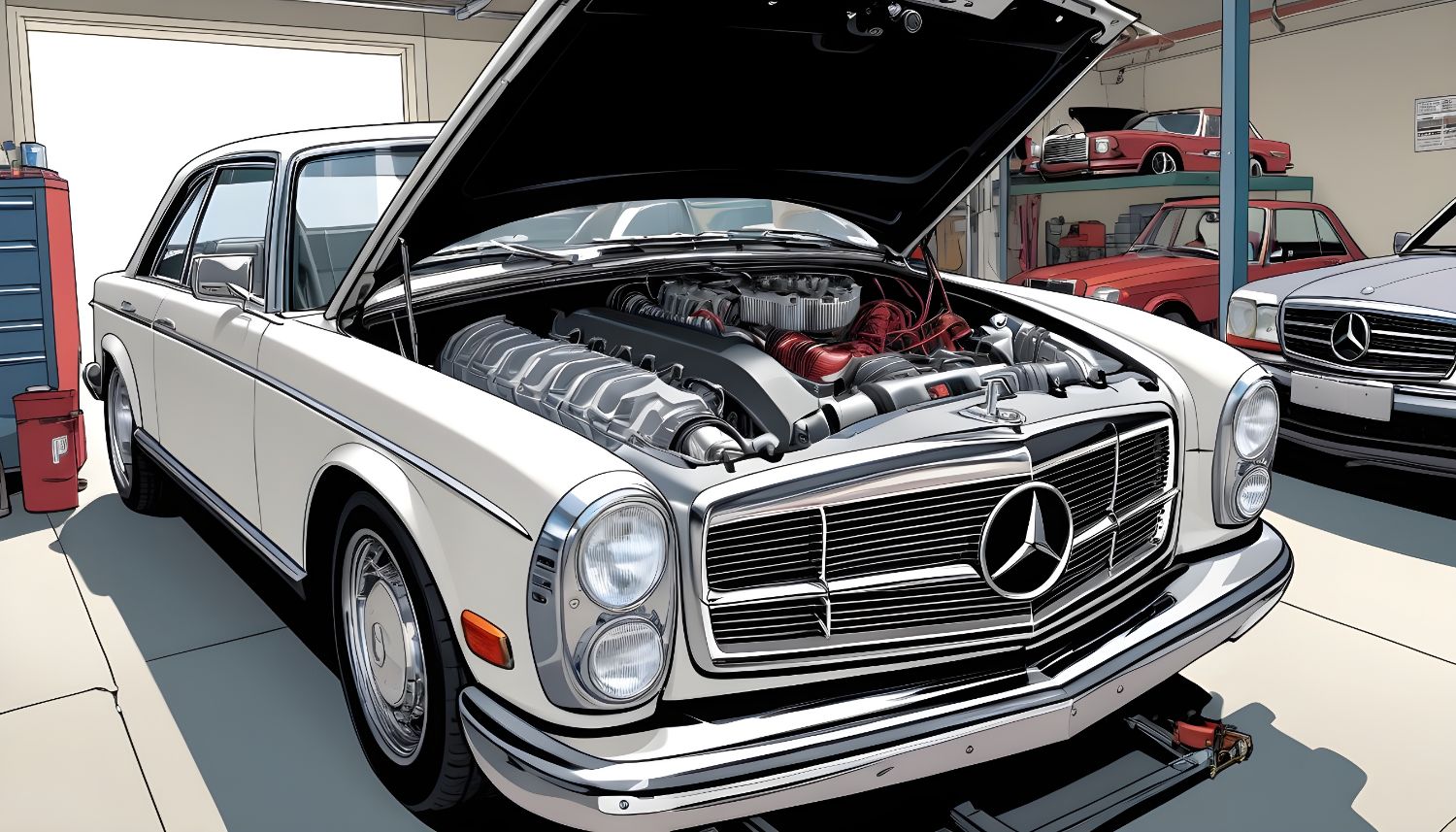
Owning a car requires you to know its essential parts and how they should operate. You do not need to be a mechanic, but knowing about necessary auto parts is really important. With such knowledge, you can spot car troubles, do simple maintenance, and make sure your car runs well. Check out this list of important car parts you always should know about:
Tires
The tire is the only part of your car that touches the road. Taking care of your tires is actually important, not just for your protection, but also to save on gas and have a secure drive. To maintain your tires in proper conditions, you need to often check their air pressure, see if they’re worn out, and make sure they may be in good overall form. You can also obtain quality spare parts from Lobo Zean to replace or upgrade your struts and shocks, which help tires maintain their traction. It is always better to be ready for any car trouble before it comes.
It is always advisable to know how to change a flat tire before you can embark on a ride. In addition, you need to always ensure you have at least one spare tire in the car for bad days.
Engine
The engine is undoubtedly the most essential part of any car. It is the powerhouse that converts gasoline into the mechanical energy needed to move the vehicle. Understanding the basics of its operation helps you monitor your vehicle’s overall performance and detect possible problems. You need to understand the vital engine parts and how they work, which includes the cylinders, pistons, crankshaft, and camshaft. Regularly checking oil tiers and being aware of unusual noises or vibrations allow you to capture troubles early on, preventing significant engine damage.
Braking System
Any braking system, especially one belonging to a car, is paramount for your safety and that of others using the road. Brake components such as brake pads, rotors (or drums), and the brake fluid require regular attention. It’s a good idea to comprehend how your car’s brakes operate before you start driving. In this manner, you may tell if something is not right, such as if you hear grinding or squeaking sounds. And you’ll also know what to do if you have brake issues. This way, you can prevent accidents and ensure effective stopping power.
Battery and Charging System
Your battery is like your car’s power bank. It gives the power needed to start the engine and the components inside. Unexpected breakdowns may be avoided by learning how to inspect battery terminals for corrosion, test battery voltage, and determine whether to replace an aged battery. Furthermore, you can ensure the general health of your car’s electrical system if you have a basic understanding of the charging system, particularly how the alternator keeps the battery charged.
Fluids
Fluids are your car’s life support. They do important things like keeping things cool, reducing friction, and ensuring everything runs smoothly. Your vehicle relies on these fluids to keep running smoothly, and knowing how to check and add them is crucial. Let me explain why:
- Oil: It’s like your car’s blood. It lubricates the engine, reducing wear and tear. Regular oil changes keep things purring instead of grinding to a halt.
- Coolant: This one keeps the engine from overheating, which may cause some serious damage to the engine and, even worse, burst into flames.
- Brake Fluid: It’s in charge of stopping those wheels from spinning when you hit the brakes.
- Transmission Fluid: It helps those gears shift smoothly, which prevents major gear grinding in return.
Remember, you don’t need a mechanic’s degree to understand these basics. It’s simply about driving attentively and tending to your car’s requirements. By having some knowledge about car parts, you’ll feel more self-assured when driving.




